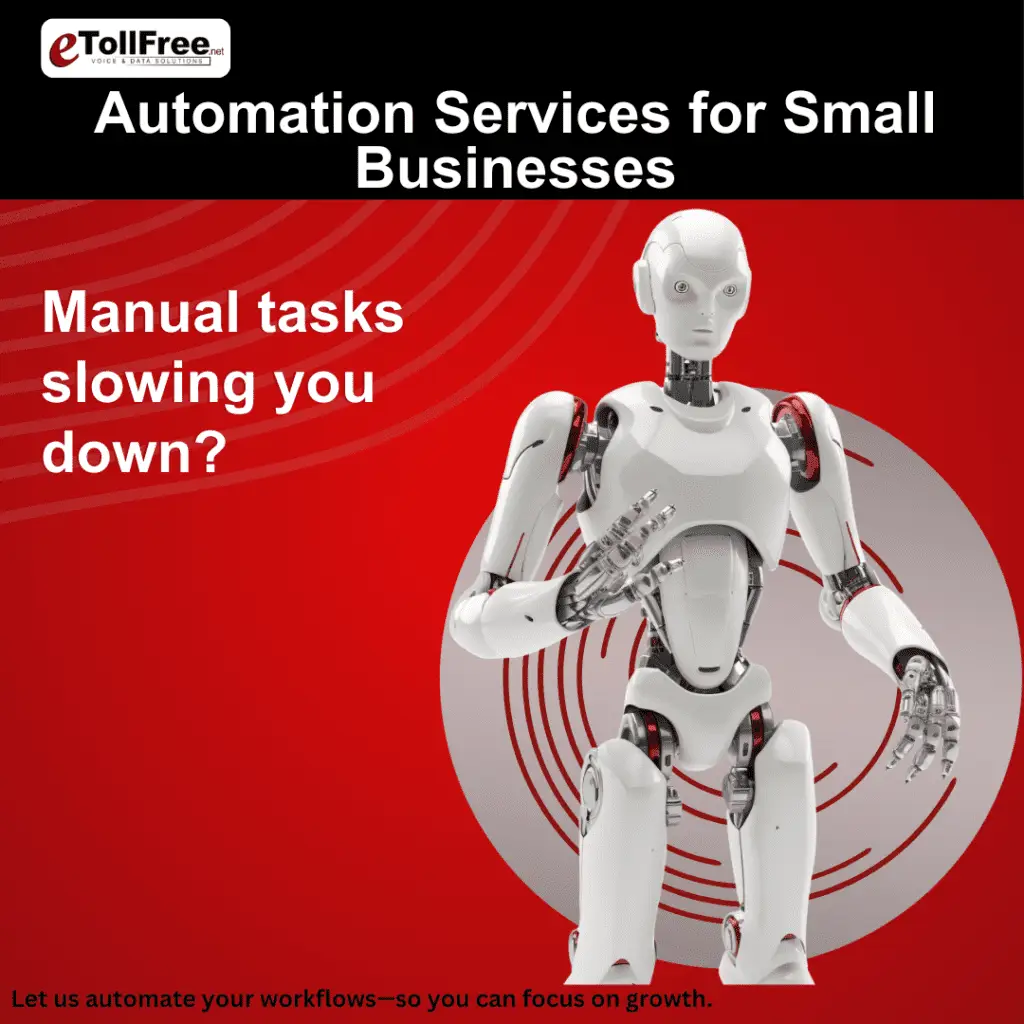The Future of Work: Navigating Automation and Upskilling Your Workforce for Small Businesses
As the work landscape evolves, small businesses face transformation challenges and opportunities. Navigating automation and upskilling are at the forefront of these changes. How can small business owners ensure growth and competitiveness in this dynamic environment? This article explores key strategies to integrate automation and workforce development for success.
Understanding the Impact of Automation
Automation for small businesses is transforming industries by streamlining operations and improving efficiencies. However, small businesses often face challenges in identifying roles that can benefit from automation, while ensuring human expertise remains indispensable. Here is how automation is shaping industries today:
- Efficiency Improvements: Automation reduces manual tasks and errors, leading to more efficient operations. Consequently, small businesses can focus on core activities rather than administrative tasks.
- Cost Reduction: By automating routine processes, businesses can cut overheads associated with labor costs. Thus, small businesses can allocate resources more effectively.
- Scalability: Automated systems allow rapid business expansion to accommodate growth efficiently.
For small businesses, adopting automation creates a competitive edge, albeit with a strategic approach needed to pinpoint areas for innovation.
Strategies for Upskilling Your Workforce
Upskilling is vital for preparing your workforce for future demands and maintaining a competitive edge. Here are some strategies to consider:
- Leverage State and Federal Programs: Take advantage of government-sponsored workforce development programs offering resources and training subsidies. Such programs can ease financial constraints on small businesses.
- Offer Flexible Learning Opportunities: Implement online courses and workshops that employees complete at their own pace. Consequently, this approach accommodates diverse learning needs.
- Encourage Cross-Department Training: Facilitate mentorship programs and cross-training to diversify employees’ skill sets, thereby promoting collaboration and innovation.
- Set Learning Goals: Creating clear career development paths and goals can motivate employees toward ongoing growth.
Focusing on these strategies, small businesses can build resilient teams ready to confront tomorrow’s workplace challenges.
Collaborating with Key Institutions
Organizations like the New Jersey Chamber of Commerce and NJM Insurance Company play pivotal roles in supporting small businesses through these transitions. They offer workshops and webinars like “The Future of Work – Navigating Automation and Upskilling Your Workforce” to help business owners understand and apply essential industry changes.
Resources
For those looking to delve further into this topic, the following sources provide valuable insights:
- The Future of Work – Navigating Automation and Upskilling Your Workforce
- Discover how automation for small businesses is transforming industries and learn about steps to remain competitive. Read more
- 8 Innovative Upskilling Strategies For Small Businesses
- Explore impactful strategies that small businesses can employ to upskill their workforce effectively. Read more
- 5 Automation Strategies Every Small Business Should Follow
- Understand the role of institutions like the New Jersey Chamber of Commerce and NJM Insurance Company in helping small businesses embrace automation. Read more
Conclusion
Small business owners can harness the power of automation and upskilling to adapt to changing industry demands. By leveraging strategic approaches and the resources offered by institutions like the New Jersey Chamber of Commerce, businesses can develop a workforce ready to thrive in the future work landscape.










